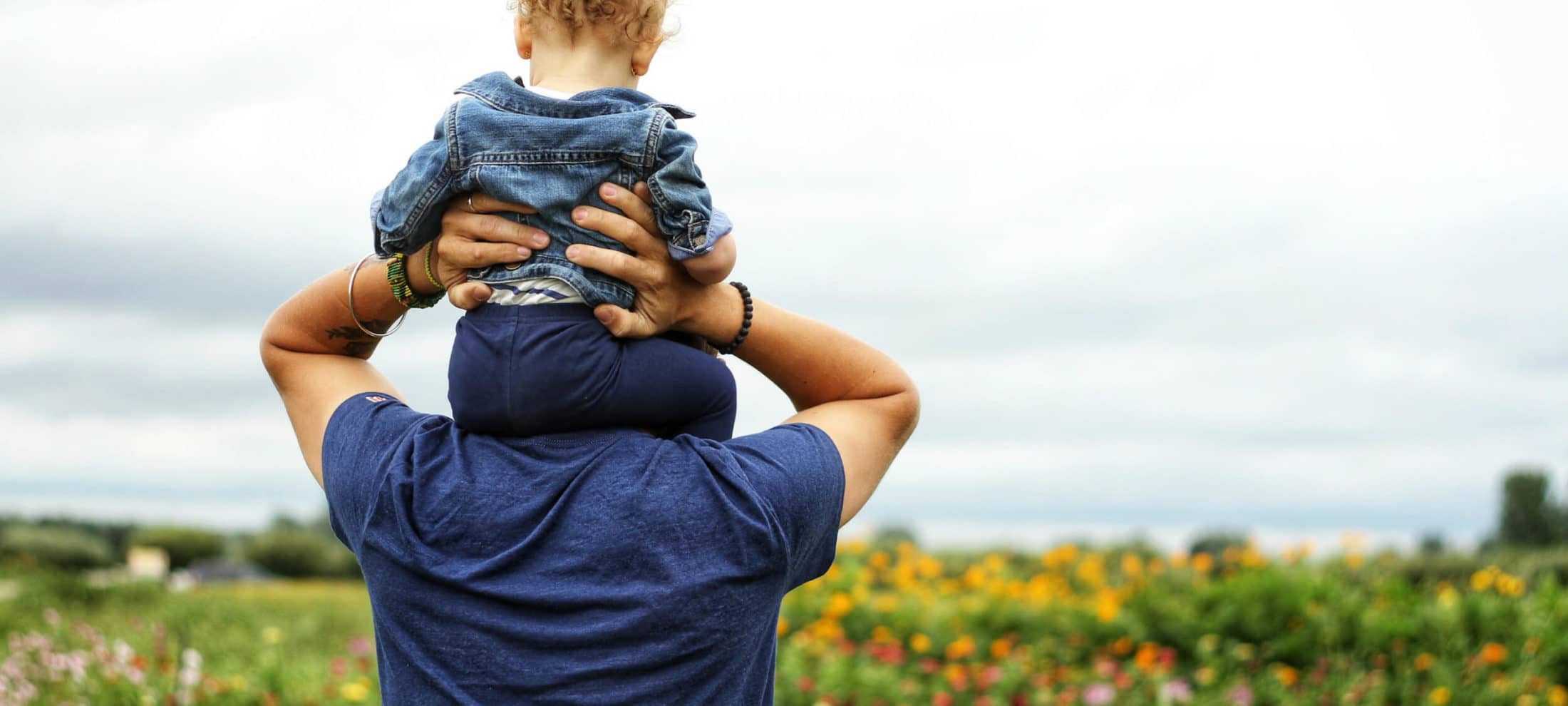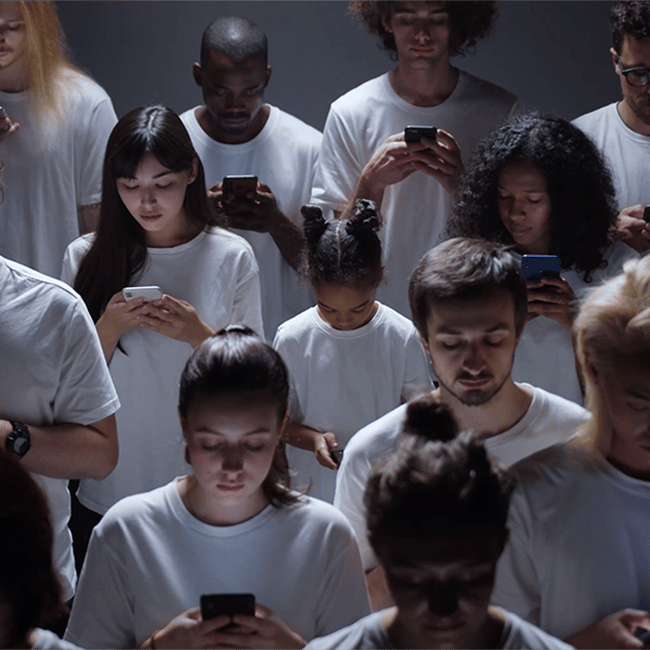
Ozi Batla: Fatherhood is the hardest work I’ve ever done
Opinion + AnalysisRelationships
BY Shannon Kennedy 4 MAR 2016
On his interest in ‘Mankind – Deconstructing Masculinity’:
Masculinity is something I’ve been thinking about a bit lately. I’ve been raising my boy for the past year and a half and having your first kid makes you wonder about the things you’ve learned and the things you want to pass on.
There are a lot of things I learned that I don’t want to pass on, and even more stuff I never really considered before I became a dad – things I don’t have the answers for.
On being a full-time dad:
I’ve had to come to grips with the challenges of being a stay-at-home dad.
Support and network groups are almost entirely set up for mums. Our entire parenting language is set up around mums. We have ‘mothers’ groups’ or in my case ‘mums’ surfers groups’ so someone could watch my son while I went for a surf. I felt really excluded from a lot of these activities.
It’s the hardest work I’ve ever done but it’s still not considered a man’s work.
There’s a patronising assumption about men in parenting roles. My boy had a meltdown at swimming the other day and other parents looked at me as though I wasn’t used to it. They said things like “Oh, you’re doing so well”, and I thought “Thanks, I’ve been doing this full time for a year and a half”. It felt pretty patronising.
Like a lot of men, I defined myself by my work, which has taken a back seat lately. I’ve been dealing with the shifting definitions of my own identity. It’s weird, because it’s the hardest work I’ve ever done but it’s still not considered a man’s work.
On the pressure fathers face to teach their sons ‘what it means to be a man’:
I think it’s probably the same for most men. I’m assuming it was for my dad – he didn’t have those answers for me when I was growing up. A lot of it gets left to outside sources to inform you.
I didn’t really take much of that on board. I just tried to keep my head down at school and get out of there. The way the school approached masculinity was completely at odds with the way my parents were trying to raise me and my brothers.
I’ve only recently realised the influence of all this. In a few years’ time my son is going to get picked on, get into fights, and ask me the same kind of questions.
On his journey toward hip hop:
The school I went to was very sort of ‘jock’, and I wasn’t like that at all. My journey into hip hop was a way of dealing with that and overcoming the trauma. It was a defensive mechanism – my parents didn’t instil this in me – but you do need to fight in one way or another. Words became my weapons. It’s only recently that I’ve realised that was a big influence in leading me into hip hop.
On masculinity and sexism in Australian hip hop:
Like a lot of the music industry, hip hop has been male dominated, although it hasn’t been part of my experience – aside from a few years of battle rapping, which was part of my journey to establish some boundaries. Battling was a way to make up for my time at school and I wish I’d been able to use those skills to create space around me.
There is a lot of very macho and sexist culture around hip hop music, but I don’t think it’s exclusively that way, and I think it’s been changing, in lots of ways, The Herd was a challenge to that whole notion of hip hop.
On The Herd’s re-imagination of Redgum’s ‘I Was Only 19’:
War is an extension of those more negative aspects of masculinity. It’s almost the biggest manifestation of them. There was a lot of anger around the Vietnam War – seeing these patterns repeated. I think the original is quite angry in its own folksy way.
I know from hanging out with John Schumann that the people he was writing about, and writing for, were certainly angry about the way they’d been treated.
War is an extension of those negative aspects of masculinity.
On veterans:
There’s a notion, especially in Australia – it probably comes from the Anglo tradition – that you should just “suck it up and get on with it”. I think it’s one of the most damaging parts of male identity in this country and a big contribution to high youth suicide rates, drug abuse and mental health issues.
There have been big campaigns to move that along, but generally men are still supposed to cop it on the chin and move on. I think that’s a major issue for a lot of returned soldiers and other men. It’s still considered fairly awkward to delve into your feelings with other men.
On radicalisation and alcohol violence among young people:
It’s all part of the same thing. I think a lot of kids involved with radical organisations are pretty stupid, but kids tend to be.
You do need to fight in one way or another. For me, words became my weapons.
These kids are caught between two worlds. Being a young male, I think feeling anger, learning to deal with it, and finding an outlet for it is really important. Anger does express itself in different ways, but not having a culture where it’s acceptable to show anger non-physically leads to a number of issues.
Combine all this with the fact that the one space where it is acceptable to be emotional is when you’re pissed, and it’s not surprising to see the problems we do.
For me, hip hop – when I was a teenager – was my angry refuge. The sort of stuff I listened to when I was a teenager isn’t stuff I listen to these days. The music is still nostalgic, but kind of embarrassing. It’s the stuff that attracts young men though. It resonates with something inside them or gives them a bit of an outlet.
Ethics in your inbox.
Get the latest inspiration, intelligence, events & more.
By signing up you agree to our privacy policy
You might be interested in…
WATCH
Relationships
Deontology
Opinion + Analysis
Business + Leadership, Relationships
How the Canva crew learned to love feedback
Opinion + Analysis
Relationships, Science + Technology
Age of the machines: Do algorithms spell doom for humanity?
WATCH
Relationships



